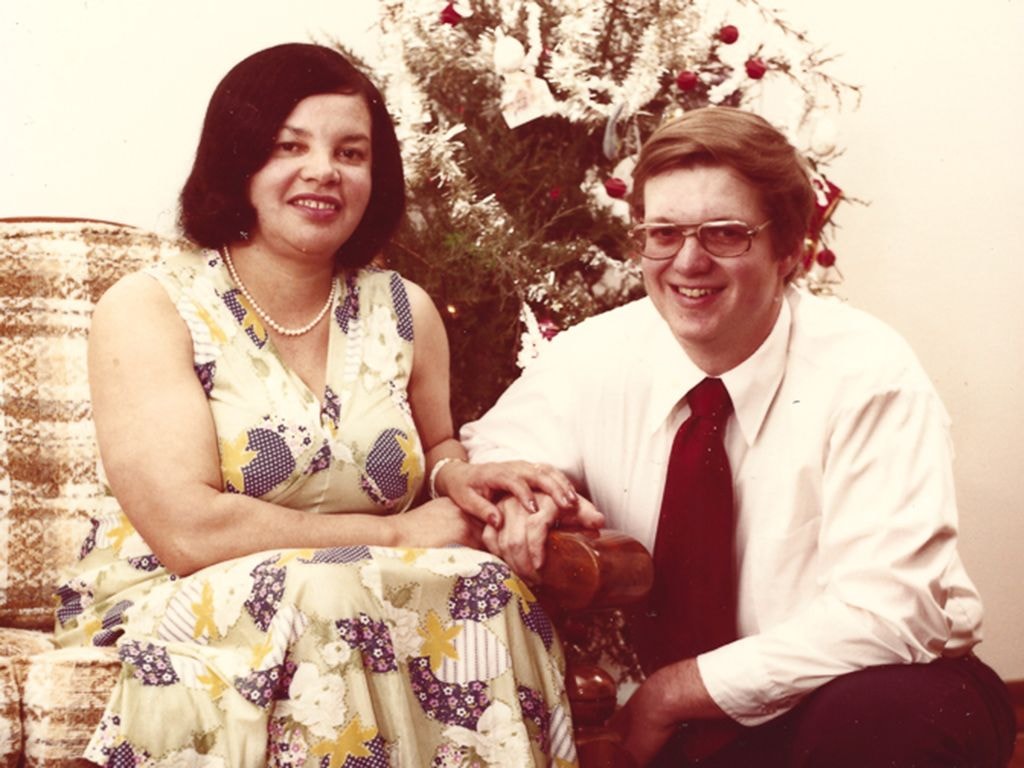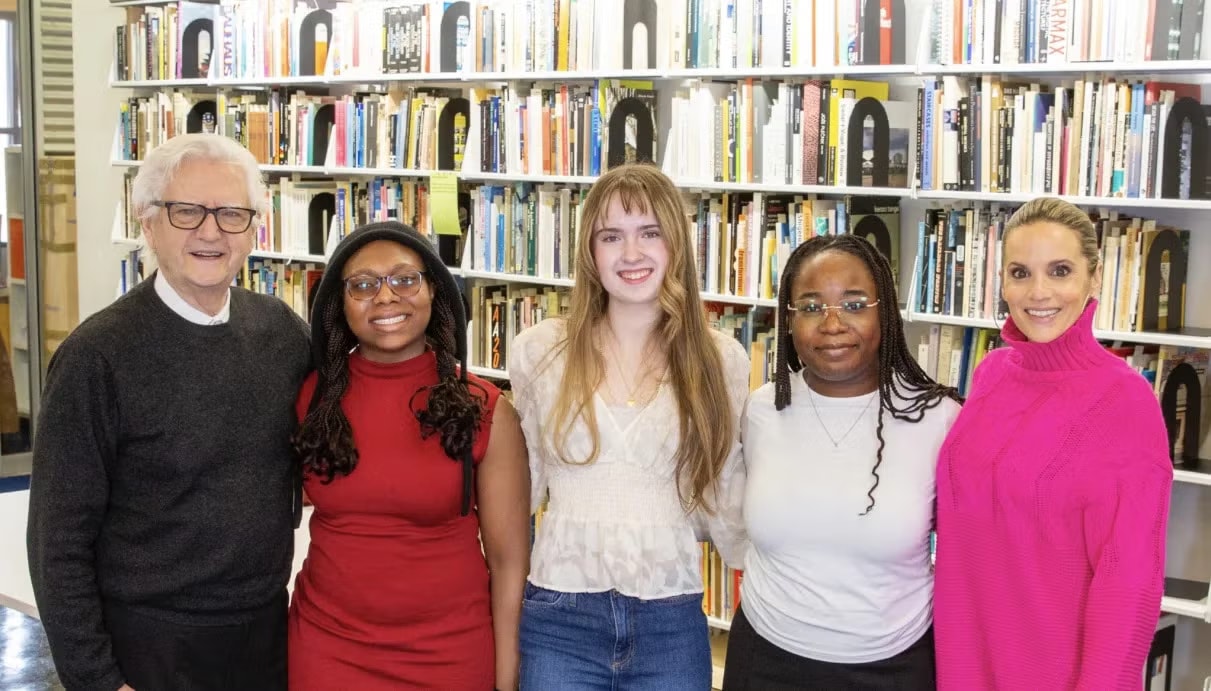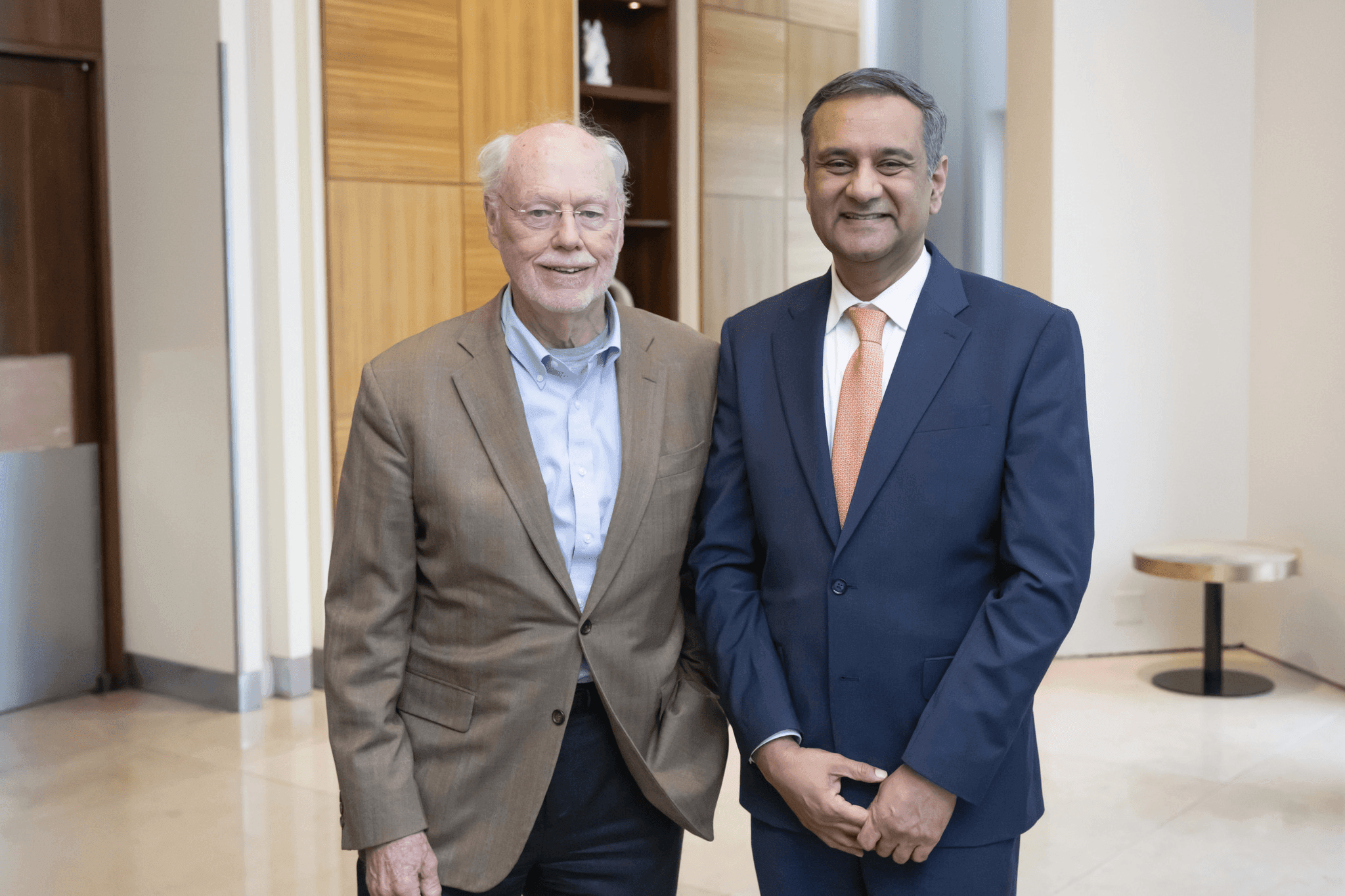UIC alumnus donates $6.5M for bioengineering program
June 17, 2013 09:36 AMJeanne Galatzer‑Levy
Entrepreneur and corporate CEO Rick Hill, who grew up on the South Side, believes Chicago is ideally positioned to be a major player in biotechnology over the next decade. Chicago, he says, has the infrastructure of research universities to compete with San Francisco, Los Angeles and Boston.
“Chicago can fulfill aspirations to be thought of in the biotechnology sector in the same vein as the Silicon Valley is with the semiconductor sector,” said Hill, a 1974 UIC bioengineering graduate. “I am a huge fan of UIC and the University of Illinois as a whole. There is tremendous potential for UIC to partner with private‑sector resources, the state and the city to create a biotechnology powerhouse. It will be critical for the economic revitalization of Chicago.”
Hill and his wife, Loan, have pledged $6.5 million to the University of Illinois at Chicago’s department of bioengineering, now housed jointly in the UIC College of Engineering and the UIC College of Medicine. The gift is the largest in the history of the College of Engineering and brings the couple’s total giving to UIC to nearly $9 million. Their hope, Hill said, is that other civic‑minded individuals, corporations and elected officials “will see the potential we see” in Chicago and in UIC — to revitalize the region’s economy and to solve the medical problems that beset an aging population, such as glaucoma and cancer.
“Rick Hill’s contribution to the University of Illinois at Chicago will have a remarkable impact on the young minds and future of our state,” said Gov. Pat Quinn. “U of I is a world‑renowned institution and this gift will help to keep Illinois competitive when it comes to the biotech sector of our economy. This 21st‑century approach will boost Illinois’ position as a key hub in this growing arena. I salute Rick and his wife Loan for giving so much back to their community and for their commitment to the students of Illinois.”
Mayor Rahm Emanuel said “biotechnology is an area of excitement and growth for Chicago’s economy,” and cited the Hills’ gift for adding to the city’s strength in the sector.
“The research universities in the city, in conjunction with the private sector, are facilitating advancements that will have a lasting effect on many lives and contribute to economic opportunity around the city,” Emanuel said. “UIC, with its Colleges of Engineering and Medicine, has a unique combination that can help propel this economic engine for the future, and I am excited at the possibilities and potential of this gift.”
“UIC is emerging as one of the most important urban research institutions in the United States,” said Christopher Kennedy, chair of the University of Illinois Board of Trustees. “The Hill gift will enhance UIC’s ability to engage in basic research, which sloughs off applied research. That helps start companies, that employ people, who pay taxes, which fund schools capable of educating a whole new generation of leaders.”
“Rick Hill has always been an innovator,” said Robert Easter, president of the University of Illinois. “This generous gift from the Hills will enable us to build a foundation for biotechnology not just at the University of Illinois, but also to expand our horizons in partnering with the private sector. One of the missions of the University of Illinois is economic development, and this initiative will help further establish our excellence in the biotechnology field.”
For many of the hoped‑for advances, Hill said, the further development of advanced nanomaterials will be key.
“At UIC, engineering professor Mike Stroscio has made breakthrough discoveries in using quantum dots to transport cell‑specific proteins to facilitate selective absorption into cancer cells that will lead to their eradication in the human body,” Hill said, noting the same techniques may ultimately be used to transport repaired DNA structures into cell nuclei. “The key to Chicago’s and its universities’ success will be creating an environment that stimulates investment in these breakthrough technologies, which will lead to rapid economic growth. I hope this gift will help kick‑start UIC’s vision to become a major player in the biotechnology sector and that it will be a magnet for public‑private partnerships.”
“Informed and visionary leadership from our alumni and friends, such as we receive from the Hills, will help this young campus make its maximum impact in the city, the state and the world,” said UIC Chancellor Paula Allen‑Meares. “The Hills’ gift is one generation putting the pieces in place for the next generation to be able to do exactly that. We are profoundly grateful.”
Peter Nelson, dean of the UIC College of Engineering, said, “Rick and Loan’s gift comes at a critical time following our strategic re‑positioning of bioengineering within both the College of Engineering and the College of Medicine. Their vision and generosity will strengthen UIC’s role as a national leader in bioengineering research.”
Nelson’s colleague, Dr. Dimitri Azar, dean of the UIC College of Medicine, said the gift “will further strengthen the ties between biotechnology and medicine at UIC and will enable greater translation of promising biotechnological innovations into therapeutic interventions and cures of disease.”
The newly configured department, named the Richard and Loan Hill Department of Bioengineering, is the first named‑department at UIC. One of the nation’s first degree‑granting bioengineering programs when it opened in 1965, the department currently enrolls more than 100 doctoral, 50 masters, and 250 undergraduate students. The department has leading programs in the emerging areas of neural engineering, computational systems biology, biomolecular engineering and regenerative medicine, and in new medical imaging and visualization technologies.
Thomas Royston, professor and head of bioengineering, said the department’s research “shows great promise for solving complex biomedical problems, from novel methods of cancer diagnosis and prognosis, to early glaucoma detection through an electrode‑array fitted into a contact lens.”
Stroscio, the Richard and Loan Hill Professor in Bioengineering and Electrical and Computer Engineering at UIC, said the Hills’ earlier support enabled the expanded use of semiconductors for the study of biological processes, and the new gift will support Rick Hill’s “longstanding vision of using man‑made nanostructures to detect, diagnose and cure diseases.”
The department has 21 core faculty and draws over 70 adjunct faculty from the UIC colleges of Medicine, Engineering, Liberal Arts and Sciences, Applied Health Sciences, Dentistry, and Pharmacy. The department also has ongoing collaborations with other institutions, which should be strengthened by the Hill gift.
“The Chicago Biomedical Consortium, with the University of Illinois at Chicago, the University of Chicago, and Northwestern University, provides ample evidence of the power of this amazing gift from Mr. Hill to propel Chicago to a position of leadership defining the frontiers of biotechnology,” said Terry Mazany, President and CEO of The Chicago Community Trust. “This gift will, indeed, leverage the collaboration among Chicago area institutions and enable them to rival the recognized leaders in the field of biotechnology.”
After graduating from UIC, Hill began a successful career in semiconductors and held engineering and management positions at Hughes Aircraft, Motorola, General Electric and Tektronix. In 1993, he became CEO of a small start‑up, Novellus Systems, a semiconductor capital equipment company in Silicon Valley. He led Novellus to become one of the top 10 semiconductor equipment manufacturers in the world before retiring in 2012. Lam Research, which purchased Novellus at that time, hires many University of Illinois graduates. Hill now serves on five public companies’ boards.
Hill received an honorary doctorate from UIC in 2008 and continues to be an active volunteer supporting the University. He is a past chairman of the University of Illinois Foundation Board and was the first UIC graduate to serve in that role. He is also former chairman and current member of the UIC College of Engineering Advisory Board and a member of the Board of Visitors at the Urbana campus’s College of Engineering.



